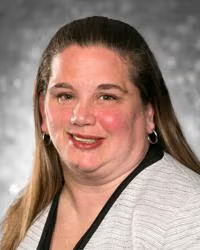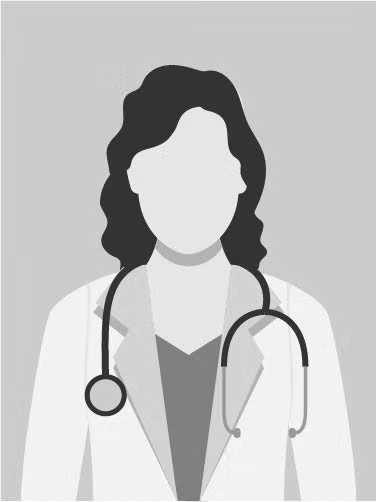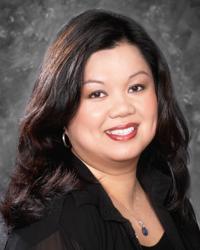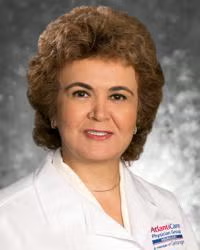My Wish and Hope You Will Dial 911 for Stroke
AtlantiCare Regional Medical Center’s Neurosciences Institute is a comprehensive stroke center.
May 28, 2021
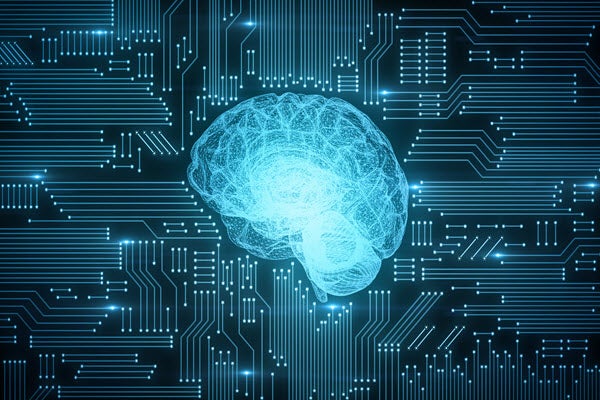
Life is precious. It can change in an instant.
You have probably heard, said, or thought this – especially over the last year.
We tend to focus on fragility of life and what most matters to us when we wish we could undo something.
Loved ones of patients often say, “I wish I hadn’t argued with my son this morning,”
Patients will say, “I wish I had retired earlier.”
Friends will bemoan, “Gosh, I wish I hadn’t eaten that last piece of pizza, taken that last bite of burrito, or downed that third cup of coffee.”
We make routine, daily decisions and major life decisions.
Our brains make it possible for us to understand, consider, conclude, decide, and act.
This most complex organ in our body also controls how our bodies taste, feel, and hear.
From how we breathe to how our hearts beat, how we step to how we react, this approximately three-pound, central operations and scheduling system literally keeps us alive from head to toe.
A stroke – an attack on the brain - threatens one’s mind and body in an instant.
My team and I have treated patients from teens to centenarians for the most complex strokes. Most recently, we are seeing an increase in the number of young adults who had COVID-19 before suffering a stroke.
During a stroke, the blood supply to part of your brain is blocked or reduced. The brain cells in that area of the brain do not get the oxygen or nutrients they need. They begin to die in minutes.
When it comes to saving a brain and a life, seconds matter. Getting to the right facility timely is critical.
AtlantiCare Regional Medical Center’s Neurosciences Institute is a comprehensive stroke center. Regrets that our Emergency Medical Services teams most often hear are that people wish they had not ignored the symptoms and had not put off getting care.
Pick up the phone, not the car keys, if your or a loved one has one more symptoms.
Dialing 911 and sharing specific symptoms with the 911 dispatchers activates the level of emergency medical response that is key to getting treatment before you or a loved one arrives at the hospital. Refrain from driving yourself of a loved one to the hospital.
Stroke symptoms include:
- Sudden severe headache with no known cause
- Sudden numbness or weakness of the face
- Slurred speech
- Sudden numbness or weakness of an arm or leg, especially on one side of the body
- Sudden trouble seeing in one or both eyes
- Sudden trouble walking
- Dizziness
- Loss of balance
- Loss of coordination
- Shortness of breath
- Breaking out in a cold sweat
- Nausea
Using the acronym BEFAST can help you quickly recognize symptoms:
- Balance – Does the person have a sudden loss of balance?
- Eyes – Has the person suddenly lost vision in one or both eyes?
- Face – Does the person’s face look uneven when you ask them to smile?
- Arms – Does the person have weakness in one or both arms?
- Speech – Is the person’s speech slurred? Do they have trouble speaking or seem confused?
- Time – Call 911 immediately if you notice any of these signs.
As a care team, we are here and ready 24 hours a day, seven days a week, to save brains and prevent broken hearts.
Join us in making sure wishes and hopes come true and preventing regrets and missed moments.
Strike out stroke with a call to 911.




